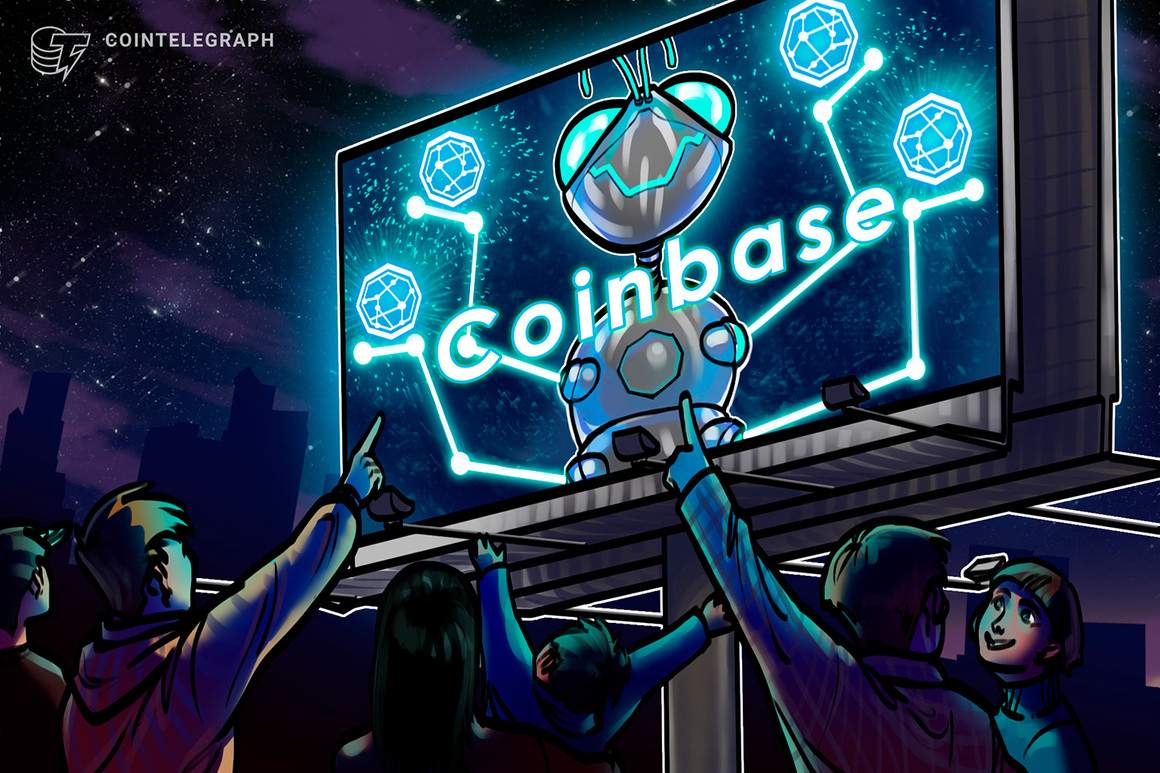In his monthly crypto tech column, Israeli serial entrepreneur Ariel Shapira covers emerging technologies within the crypto, decentralized finance (DeFi) and blockchain space as well as their roles in shaping the 21st century economy.
With the news that Meta plans to cut virtual asset sales at Horizon Worlds by about 50%, it wouldn’t be surprising if independent artists and content creators move away from the Metaverse entirely. Or at least from its meta rendition, no matter how excited the company is about the maker economy. It’s one thing to pay so much when the tax goes toward improving the lives of your community, but meta is a business, not a charity.
And it’s not like your average creative type is living the high life. Streaming services have made life difficult for musicians, and insurmountable creative fatigue has taken a toll on the variety and quality of producer-driven content in many markets. Too often, today’s creators are left to pursue ever-changing monetization policies across various platforms, and landing a sponsorship isn’t even a walk in the park.

In theory, the advent of the metaverse offers a new way for the creator economy to flourish, especially with crypto integration and decentralized platforms creating an alternative route for creators to make money. In fact, the prominence of major centralized Web2 companies within the Metaverse space, such as Meta, does not indicate a warm welcome to independent creators.
related: A Letter to Zuckerberg: The Metaverse Isn’t What You Think It Is
The concern about these major players dominating the metaverse and web3 space is not the result of anti-corporate hand-wringing; Rather, it is more concerned with the freedom and flexibility that will exist in this new producer economy. For creators maintaining a creative business through any of the major Web2 platforms, the reputation of these companies is the final wake-up call.
The Trouble of Entering the Metaverse
Yes, it’s really troublesome. Although Meta is justifying its eye-popping fees by blaming the regulatory hurdles brought by Apple, it’s hard to see how it helps the manufacturer. Big tech platforms aren’t each other’s biggest fans – we know that much.
To get all the non-fungible tokens (NFTs), they provide creators with a better shot at turning them into a decent profit. Even though they have their own flaws (how many initial sales were siphoned off by bots?), there are ways around them. Manufacturers can attract early buyers through a democratic whitelisting platform such as Sparkworld, keeping the traditional whitelisting at a level where everyone gets a fair shot at the game.
Plus, with platform fees like Meta, we can say goodbye to the price tag which actually makes sense. If creators are to hand over half of their earnings to Big Tech companies, you’re unlikely to see many more Metaverse projects like Battlefly, which sells its NFT fighter butterflies at very affordable prices. And let’s be real: No one would pay a Gucci-level price tag for something that’s not only really real but isn’t even really Gucci.

In addition to pricing and fees, the other major obstacle to the Metaverse maker economy is interoperability. As it stands, the major Metaverse studios simply prioritize interoperability in their marketing. The real developer scene is split between a few domineering projects, all of which demand a metaverse monopoly with little interest in collaborating with each other.
related: The Metaverse: Mark Zuckerberg’s Brave New World
Reshaping the Metaverse Fabric
As it stands now, the centralized metaverse intends to take off the centralized bingo card of the crypto community. This makes it a good selling point for studios crafting the Metaverse outside the realm of Big Tech: Give independent creators access and freedom, and they’ll do most of the work for you. Its as simple as that. You can hire 100 developers to form the backbone of your metaverse, but they will never be as passionate as the 1,000 independent fans who decide to make it their home.
While it may seem beneficial to only influence certain players in the Metaverse, the incompatibility of major Metaverse projects forces creators to choose sides. For example, a growing fashion designer creating Metaverse wearables has to choose between creating products for Decentraland, The Sandbox, or Horizon Worlds. All these projects run on different engines and have their own software development kits and frameworks to navigate. It’s unlikely that a designer or programmer has the means to create projects for all three platforms, not to mention the dozens of metaverses that come along the way.
related: The Best Is Yet to Come: What’s Next for Blockchain and the Maker Economy
Blockchain-based metaverse projects may lack meta-level brand recognition, but they can strive to provide a welcoming environment that emphasizes accessibility. While Big Tech may be slow to respond to user feedback and build bridges between worlds, the mastery of decentralized projects can propel them beyond the centralized metaverse model.
For centralized clusters that use the Metaverse as just another corporate arm, interoperability isn’t beneficial – Apple’s affinity for vendor lock-in will tell you a lot. For everyone else, it’s a different story. When faced with a giant like Meta, it makes sense to add value to products that someone else makes if they do the same for you. On your own, neither of you stands a chance; But together, you are each other’s power multiplier. Ultimately, the metaverse sounds infinitely monetizable, but you need to be able to make things that users want to buy. And the more platforms they can access their purchases on, the better.

Interoperability goes beyond development and programming and also includes factors such as community guidelines and monetization. Meta and Google are notoriously fickle and inconsistent with changing the parameters of acceptable and monetizable content. Just ask any YouTuber how difficult it is to make advertising revenue on their content, let alone continually support themselves with it. Why would Big Tech change its rule book in the metaverse?
The exorbitant fees, platform incompatibility and uneven community guidelines have created a perfect storm for content creators to move away from the centralized Metaverse platform. As development progresses, the lack of support for independent artists will cause the centralized metaverse to morph into a megacorporate playground that lacks any lucrative diversity or culture to attract users.
A metaverse that operates as a decentralized autonomous organization can, for its part, be completely transparent with monetization guidelines and allowing tokenholders to vote on how creators can monetize their digital work. . And as operating fees such as gas cost lower and more efficient blockchains and tokens join the fray, developers have to build decentralized projects that are cheaper for users. It also creates a more inviting, inclusive environment for independent creators.
Metaverse is meant to be a thoroughly entertaining project that brings forth a new era of imagination and interaction on the Internet and is changing how users access creative industries. A prosperous producer economy is absolutely possible in the metaverse, but if growth continues on this inconsistent path full of financial and operational constraints, that economy will never materialize. Ultimately, independent creators and artists should feel empowered by the concept of the metaverse, not be influenced by it.
This article does not contain investment advice or recommendations. Every investment and trading move involves risk, and readers should do their own research when making a decision.
The views, opinions and opinions expressed here are those of the author alone and do not necessarily reflect or represent the views and opinions of Cointelegraph.
Ariel Shapira is a father, entrepreneur, speaker and cyclist and serves as the founder and CEO of Social-Wisdom, a consulting agency that works with Israeli startups to help them establish relationships with international markets Is.

















